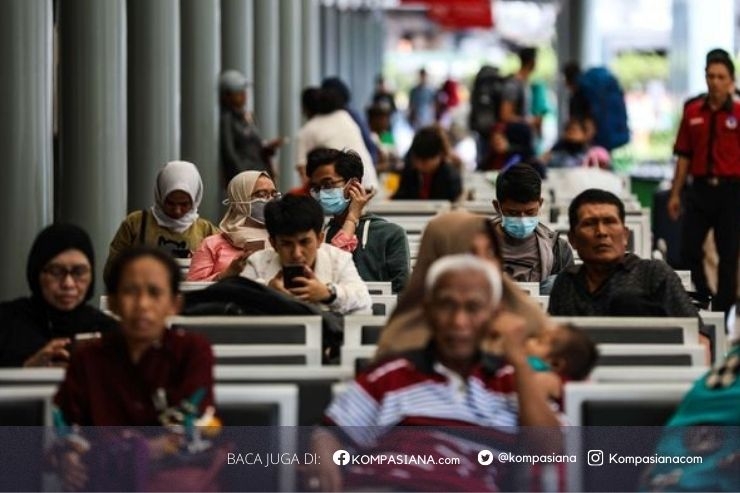The Saving Management of Public Housing (TAPERA) initiative is a plan by the government to help solve the problem of affordable housing. This program would require workers to save a portion of their income in a fund specifically used for building and maintaining public housing. While the idea has some strong points, there are also some concerns and challenges that come with it.
1. Better Access to Affordable Housing
TAPERA could make it easier for low- and middle-income families to find affordable housing. By saving money in a collective fund, the government can create more public housing units, which means fewer people will be homeless or living in unstable conditions.
2. Promotes Saving
For workers, TAPERA acts as a forced savings plan, ensuring that they save money that can later be used for housing. This could help people develop better financial habits and plan for the future.
3. Boosts the Economy
Building and maintaining public housing can create jobs and support the construction industry. This can have positive ripple effects throughout the economy, leading to more demand for building materials and related services.
While the idea has some strong points, there are also some concerns and challenges that come with it and there is the concerns and challenges that we will face if this program is implemented
1. Mandatory Contributions
A big concern about TAPERA is that it requires workers to contribute a part of their income. Critics say this could be tough for people who are already struggling financially, as it reduces the money they have available for daily needs.
2. Management Efficiency
The success of TAPERA depends on how well the government can manage the fund. There are worries about potential inefficiencies or mismanagement, which could prevent the program from reaching its goals. Transparency and accountability are crucial to making sure the public trusts the program.
3. Fairness
Some people question whether TAPERA is fair. For example, those who already own homes might feel it's unfair to be required to contribute. There's also a concern about whether the benefits will be spread evenly among different income groups.
4. Impact on the Housing Market
TAPERA could affect the overall housing market. An increase in public housing might change property values and rental prices, leading to unintended consequences. It's important to balance the supply of public housing with the needs of the entire housing market.
In conclusion the Saving Management of Public Housing (TAPERA) is a bold attempt to tackle the housing crisis. It offers some great potential benefits, like more affordable housing and economic growth, but it also comes with significant challenges. The success of TAPERA will depend on how well it's implemented, ensuring it's fair, efficient, and transparent. A balanced approach that addresses concerns while leveraging the advantages is essential for TAPERA to achieve its goals. Public input and continuous evaluation will be key to improving and refining this initiative, making sure it works for everyone.
Baca konten-konten menarik Kompasiana langsung dari smartphone kamu. Follow channel WhatsApp Kompasiana sekarang di sini: https://whatsapp.com/channel/0029VaYjYaL4Spk7WflFYJ2H







